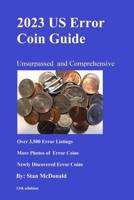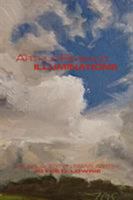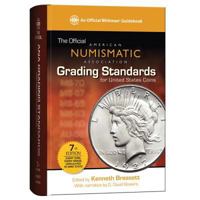Cuando ni la sangre pesa: When blood is not enough
En el texto Cuando ni la sangre pesa, Mario Mendez nos pasea por una galeria de personajes siniestros, bien definidos, todos sometidos a unas leyes, donde en unas ocasiones prima lo abyecto, y en otras lo absurdo. La ignorancia y las creencias dan muchos partos. Eso es lo que Mario, a mi juicio, ha querido presentarnos. Y los partos tienen dolores, sangre, llantos, sorpresas. En estos relatos, Mario Mendez, ha enfrentado el reto de meterse en una epoca y presentar sus personajes, con sus taras, y mostrar su ambiente, con su pestilencia. En el lector esta atraparlos y confraternizar con esos actores, pues en la vida, en definitiva, de eso se trata, vivir entre luces y sombras." This description may be from another edition of this product.
Format:Paperback
Language:Spanish
ISBN:1479244961
ISBN13:9781479244966
Release Date:September 2012
Publisher:Createspace Independent Publishing Platform
Length:246 Pages
Weight:0.64 lbs.
Dimensions:0.6" x 5.5" x 8.5"
You Might Also Enjoy
More by Emma Morrissey
Customer Reviews
0 customer rating | 0 review
There are currently no reviews. Be the first to review this work.











![Paperback Cuando ni la sangre pesa: When blood is not enough [Spanish] Book](https://i.thriftbooks.com/api/imagehandler/m/154635DE1D62D65FF292E4EDEC89911630985D49.jpeg)































